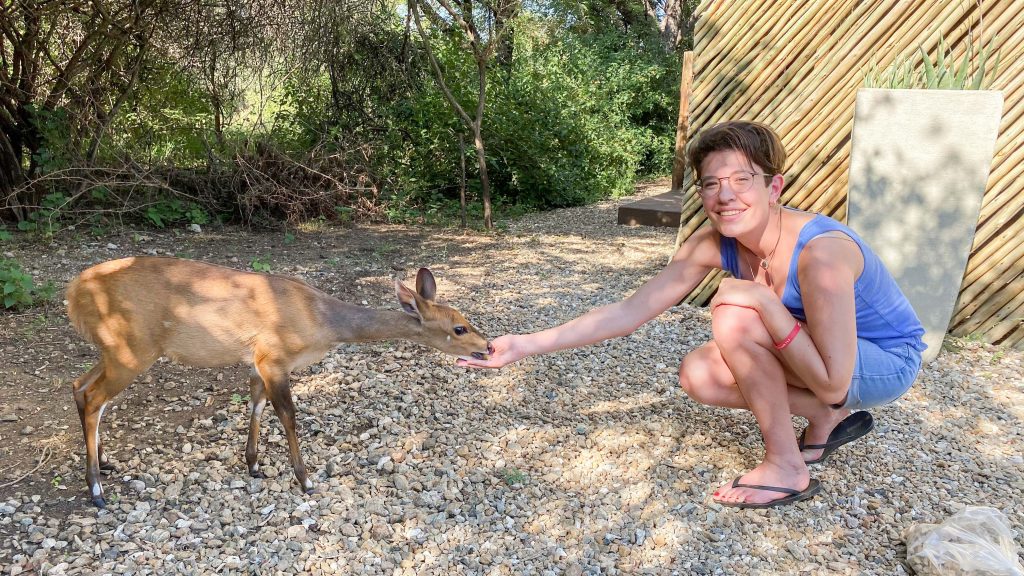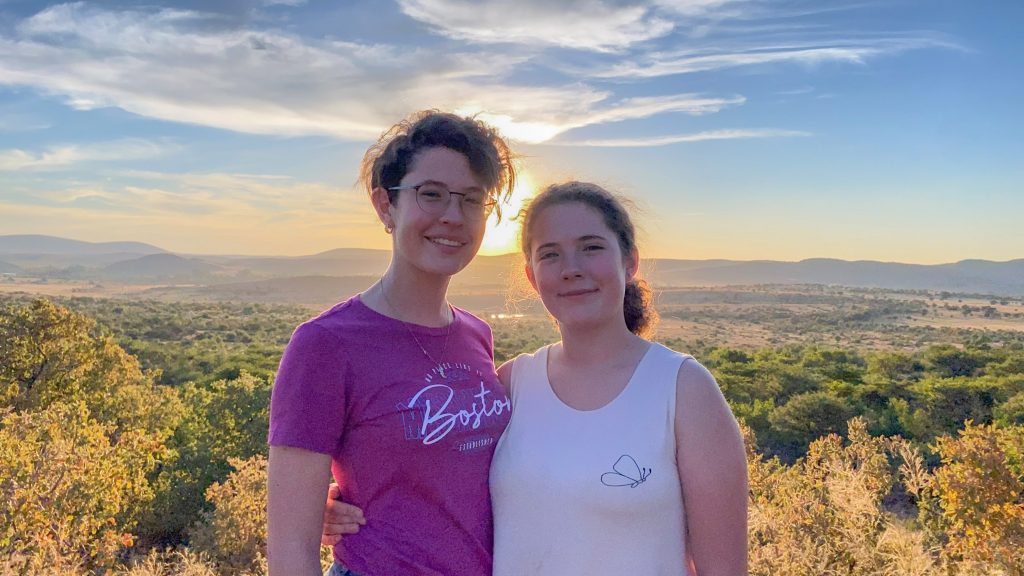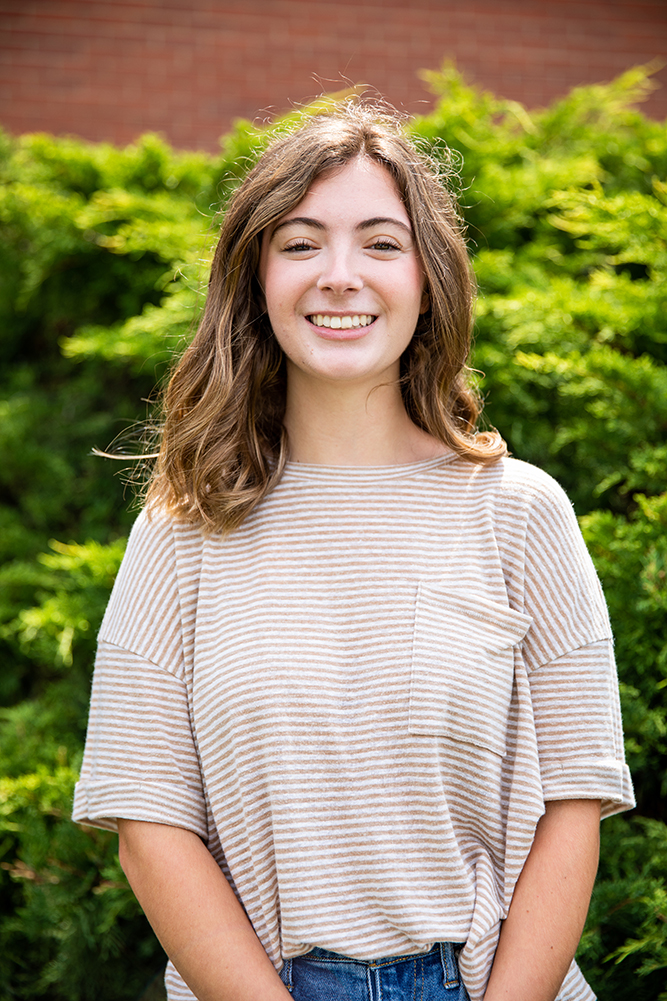South African international student reflects on her country and past

Living in two countries gives a different perspective to the customs and cultures of both. Robin Du Plessis, an international student, has a different view of the United States and her home of South Africa. A sophomore studying business administration with a cognate in financial planning, Du Plessis reflected on her time in the United States and some of the differences between the two. One such difference is the shopping experience.
“I remember coming to the States the first time when I was in the third grade and how amazed I was by this country,” Du Plessis said. “I still sometimes get overwhelmed by the sheer amount of options there are over here.”
She often relies on her friends for product recommendations to help her make choices that American stores have available.
“We have so many different dishes and candies, and I wish I could make my friends try every meal I love from home,” Du Plessis said, regarding the food from her home.

Du Plessis said schools in South Africa require students to wear uniforms, regardless of whether it’s a public or private school. Du Plessis described how the uniforms in South Africa require a dress shirt and tie and not just polos and slacks.
Getting a job in South Africa hinges on having a college degree.
“It is virtually impossible to make a living without a master’s degree. You definitely need at least an undergraduate degree,” Du Plessis said.
The culture heavily relies on the Christian faith, according to Du Plessis. South Africa was a British colony until 1960, so the impact of the Anglican Church can still be seen on the country. Because South Africa’s east coast is on the Indian Ocean, religions like Islam and Hinduism influence the culture there as well. However, Du Plessis emphasizes that “Christianity is definitely the dominant religion in South Africa.”
South Africa is home to 11 different languages: Ndebele, Pedi, Sotho, Swati, Tsonga, Tswana, Venda, Xhosa, Zulu, Afrikaans and English. According to Du Plessis, English is the language most used by the government and what South Africans learn from a young age.
“We are a diverse people, and our language tends to be integrated with our culture,” Du Plessis said.
Regarding apartheid, Du Plessis found it difficult to compare racial conflicts due to the size difference between America and South Africa. (Apartheid is the name given for a period in South Africa’s history in which the country implemented harsh racial segregation between the minority white population and the rest of the native South Africans). She was born eight years after apartheid ended and never grew up under this racial system.

Du Plessis said that the South African economy has been struggling for some time now. Requirements for jobs keep growing more and more difficult to match. For example, most jobs require spending “several years in tertiary education.”
“It’s getting harder and harder to make a life there, which is very unfortunate, because we have such a beautiful country, and it has so much potential that is not being put into use at all,” Du Plessis said.
South Africa is filled with so many different sub-cultures that Du Plessis said it is difficult to describe South African culture as a whole. She described Afrikaners in general as “such hardworking people.”
“Reading up on Afrikaans history is one of my favorite things because I cannot help but be in awe of the bravery of these men and women and the faith they had to get through the tough times,” Du Plessis said.
After graduation, Du Plessis hopes to stay in the U.S. and become a citizen.
Lunt is the digital media producer for the Liberty Champion. Follow her on Twitter

